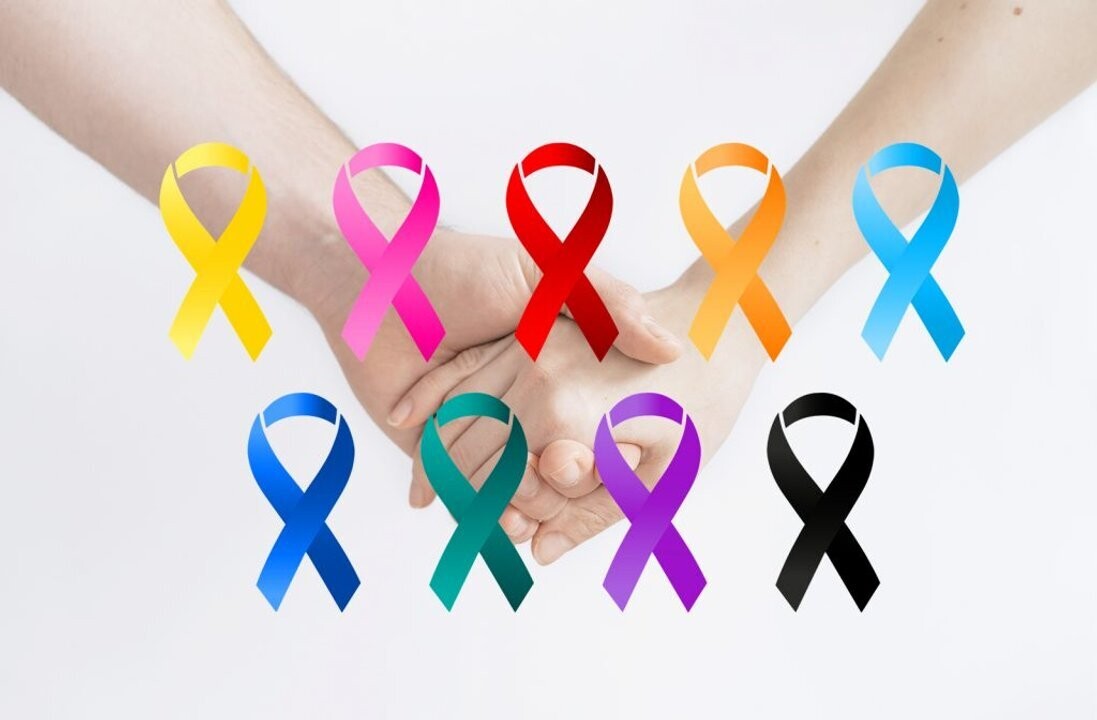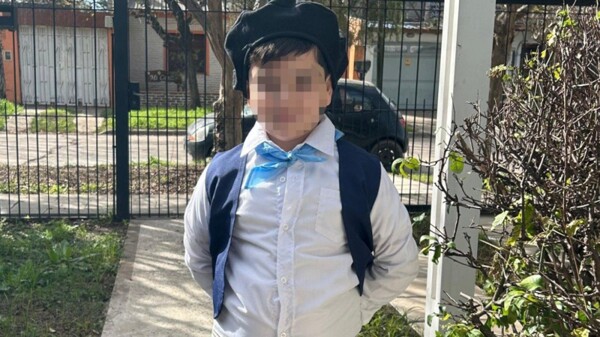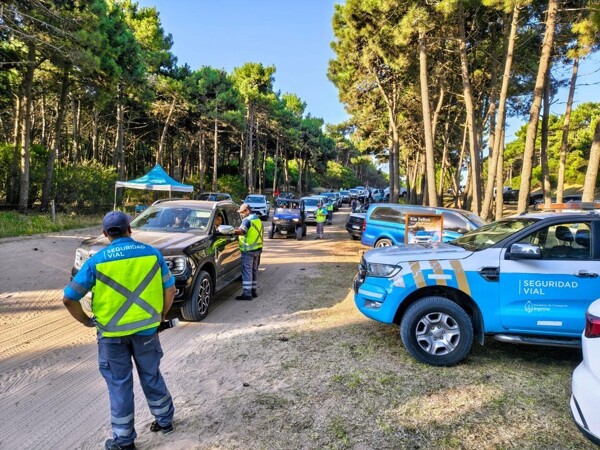
A study conducted as part of the MAPEC project revealed that a significant percentage of people in Argentina face difficulties in accessing oncology diagnoses and treatments. It was found that 19.7% experienced delays in medical appointments, 10.8% had problems traveling to the health center, 8% had difficulties accessing a reliable diagnosis, and 6.3% experienced delays in receiving biopsy results.
The report also highlights the importance of social organizations in supporting cancer patients. According to the study by the Institute for Clinical and Health Effectiveness, diagnosing and treating cancer in Argentina has an average cost of US$22,900 per year, being ten times less expensive when done in early stages.
The study identified that 51% of respondents faced issues during their first medical consultation, with 14% reporting that their symptoms were initially dismissed. This represents a barrier to timely diagnosis and treatment. The average time between the first consultation and the start of treatment was 130 days, which is a crucial factor in the effectiveness of treatments.
It is detailed that one of the main difficulties in addressing cancer arises from bureaucratic obstacles and coverage challenges experienced by patients from the first consultation to treatment. The lack of a national program against lung cancer, despite its high prevalence in Argentina, is highlighted as an unmet need.
In this context, social organizations play a fundamental role in providing emotional support, access to clear information, and comprehensive assistance to patients. The mentioned foundation has access programs with social workers and emotional support with psycho-oncologists and social workers to help patients in their fight against the disease.
Early diagnosis is crucial, both from the patients' perspective and from an economic standpoint. Organizations like the foundation mentioned in the report aim to humanize oncology treatments and improve the quality of life of patients and their families through active support programs. These programs complement conventional therapies and transform passive waiting into a shared activity that includes art, reflexology, photography, and group dynamics.














